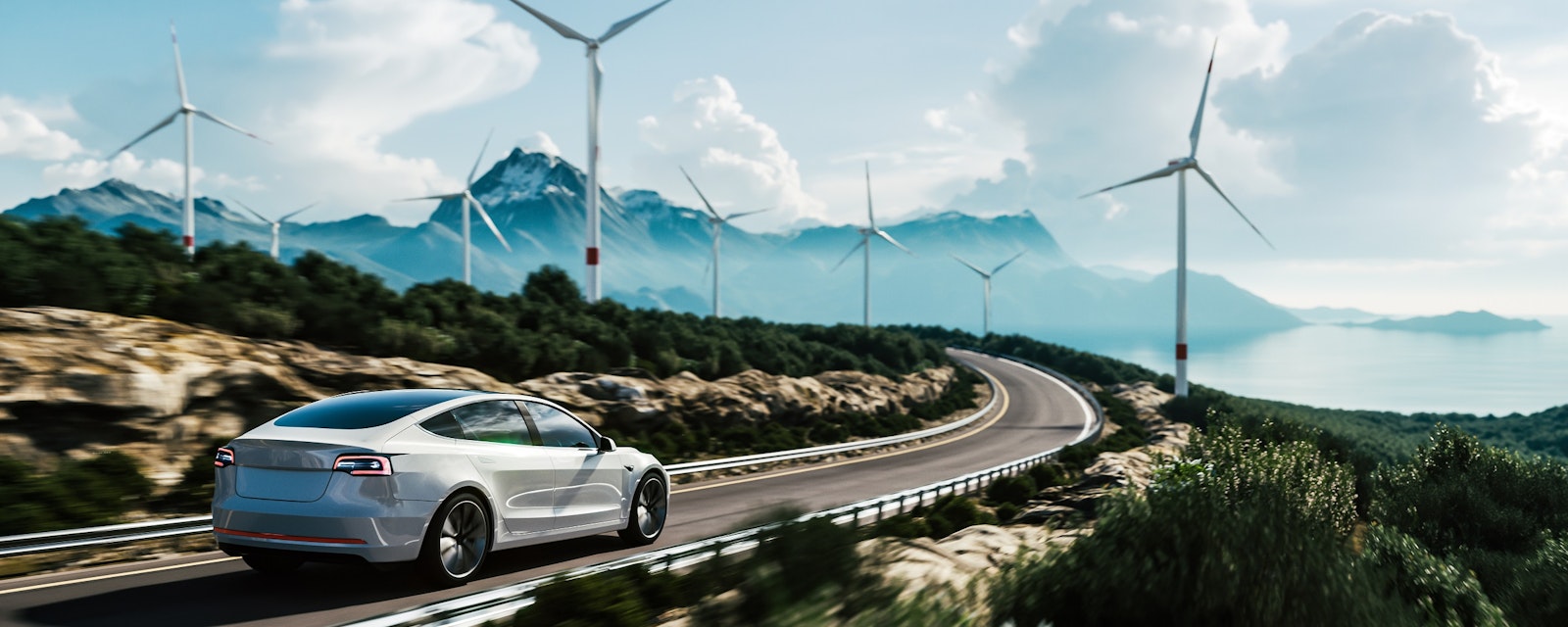The financial incentives included in the US Inflation Reduction Act (IRA) approved in August are generating transatlantic frictions, as the EU is concerned about their potentially negative effects on European firms. While the tensions are unlikely to trigger a trade conflict in the short term, the disagreement points to the challenges the EU faces regarding the rise of industrial policy in an era of geopolitical competition.
The subsidies for producers of electric vehicles (EVs) and the domestic content requirements for electric batteries included in the IRA are among the stickiest points for EU policymakers. The EU’s position is that the incentives created by the bill violate WTO law and entail discrimination against European companies. But Brussels’ concerns go beyond EVs. In a response submitted last week to the request for comments on the IRA made by the US Internal Revenue Service, the EU listed as many as seven additional areas of concern. These include, among others, the tax credits for the US-based production of clean hydrogen and electricity, a sensitive issue currently given European fears of firms leaving the continent because of high energy costs.
Some EU policymakers, such as European Commissioner for the Internal Market Thierry Breton, have argued that unless Washington modifies the legislation, the bloc would have to take the case to the WTO and eventually adopt retorsion measures against the US. Meanwhile, French President Emmanuel Macron has suggested that Europe might have to consider approving “Buy European” provisions so that EU companies do not lag behind their American counterparts. Despite Berlin’s generally more careful positioning vis-à-vis the US, German Chancellor Olaf Scholz seems potentially receptive to such an idea in the absence of changes to the IRA.
Notwithstanding the rhetoric, both sides have so far sought to defuse tensions. A US-EU Task Force on the Inflation Reduction Act was created in October, with senior officials meeting weekly to discuss potential solutions. Moreover, US House and Senate Democrats have recently proposed a delayed phase-in period for automakers to fulfill the IRA’s sourcing requirements, reducing the pressure on the EU to obtain concessions from the US on that front quickly. But such a development only postpones the problem and does not address Brussels’ concerns regarding other areas of the IRA.
The reality is that the EU has no appetite for initiating a trade conflict with the US. EU governments would rather see European companies becoming eligible for the proposed financial incentives under the IRA. Moreover, Brussels is wary of a return to the Trump era, and the substantial improvement of transatlantic coordination under the Biden presidency offers an opportunity to solve ongoing disagreements through negotiations. At the same time, while no additional landmark legislative items like the IRA are likely to be passed in the US in the next two years, the rhetoric on “Made in America” will be a bipartisan chorus and could lead to other legislative remedies like tax cuts. The Republican Party will also likely host hearings on the implementation of the IRA, which might further politicize the issue and complicate EU-US negotiations.
If no deal is struck, the EU will likely take the US to the WTO, even if the effectiveness of such a strategy is unclear. Such a scenario would also generate an intense discussion among EU capitals about whether to enforce retaliatory measures against the US. Meanwhile, those in Europe arguing for subsidies to prop up EU firms would likely use the opportunity to advance their case further.
"Open" Strategic Autonomy is Hard to Do
The IRA case has revived the debate between EU policymakers about how the bloc should adapt to the new geopolitical context. For instance, some argue in favor of upholding existing EU competition rules and the multilateral trade order as much as possible. In contrast, others want to bend existing norms to allow the emergence of “European champions” able to prevail in the global economy. In this regard, the EU’s “open strategic autonomy” agenda posits that the bloc should cooperate multilaterally wherever it can (for instance, by creating common solutions to bolster the resilience of supply chains) and act autonomously wherever it must (for example, by developing tools against economic coercion). The strategy can be seen as a compromise between the two views.
At the same time, because of its domestic political economy and the competition with China, the direction of travel of US policy creates a serious challenge to the EU’s approach. For now, the preference is to develop bilateral solutions that can accommodate political realities on both sides of the Atlantic. But if political pressure to favor American firms via industrial policy continues to build up and US economic decoupling policies accelerate (for instance, through political change in Washington), the EU might find it increasingly difficult to push for those elements of its strategy that are focused on maintaining “openness.”




